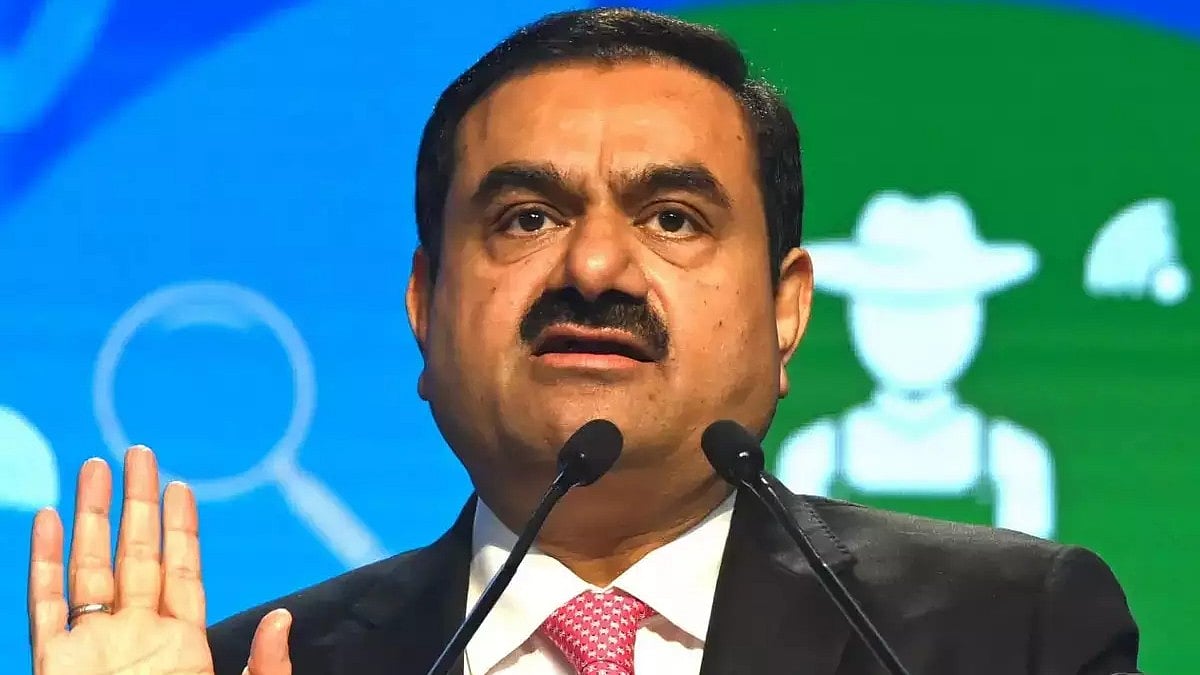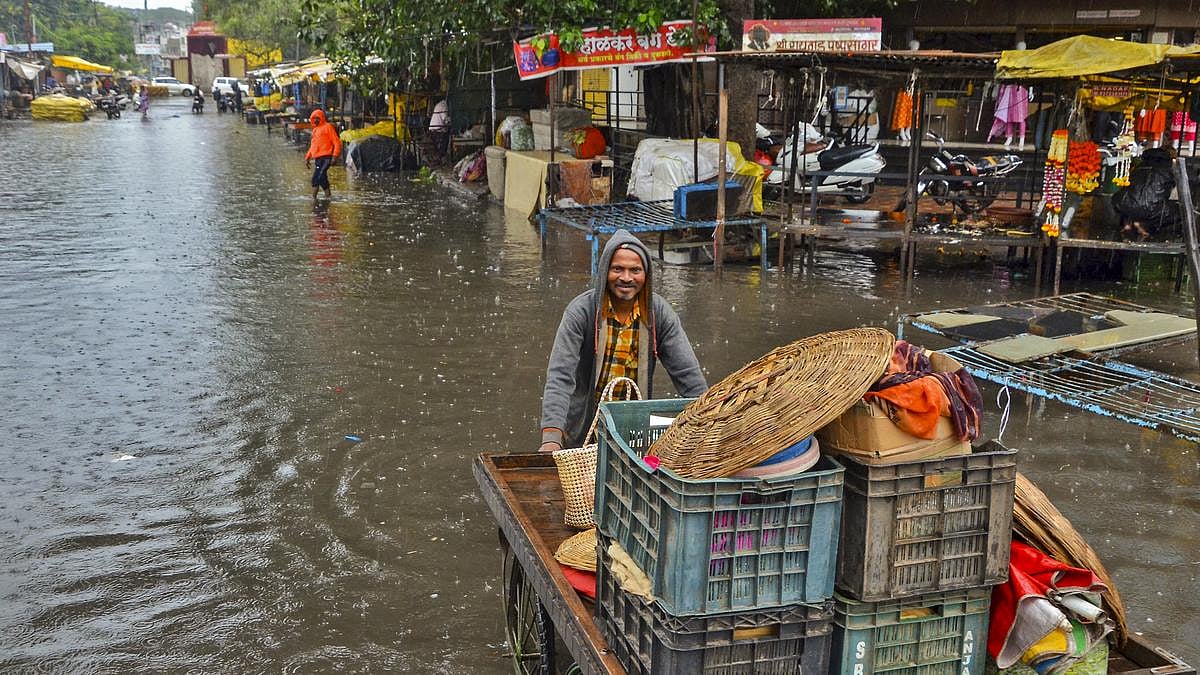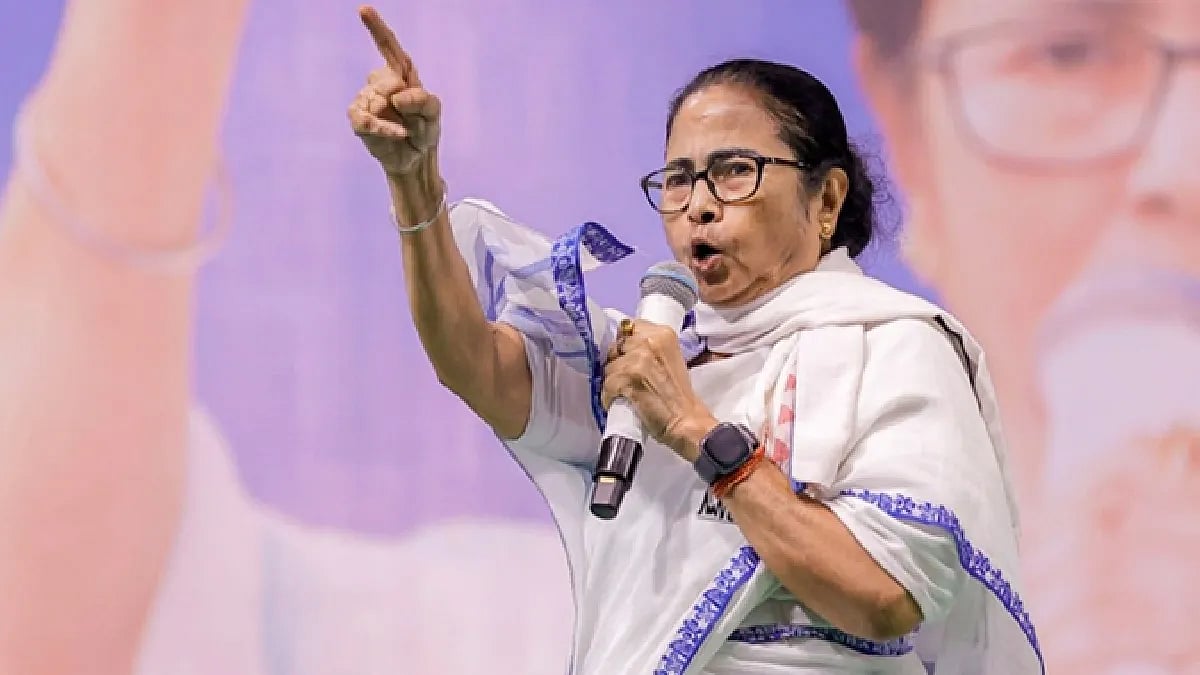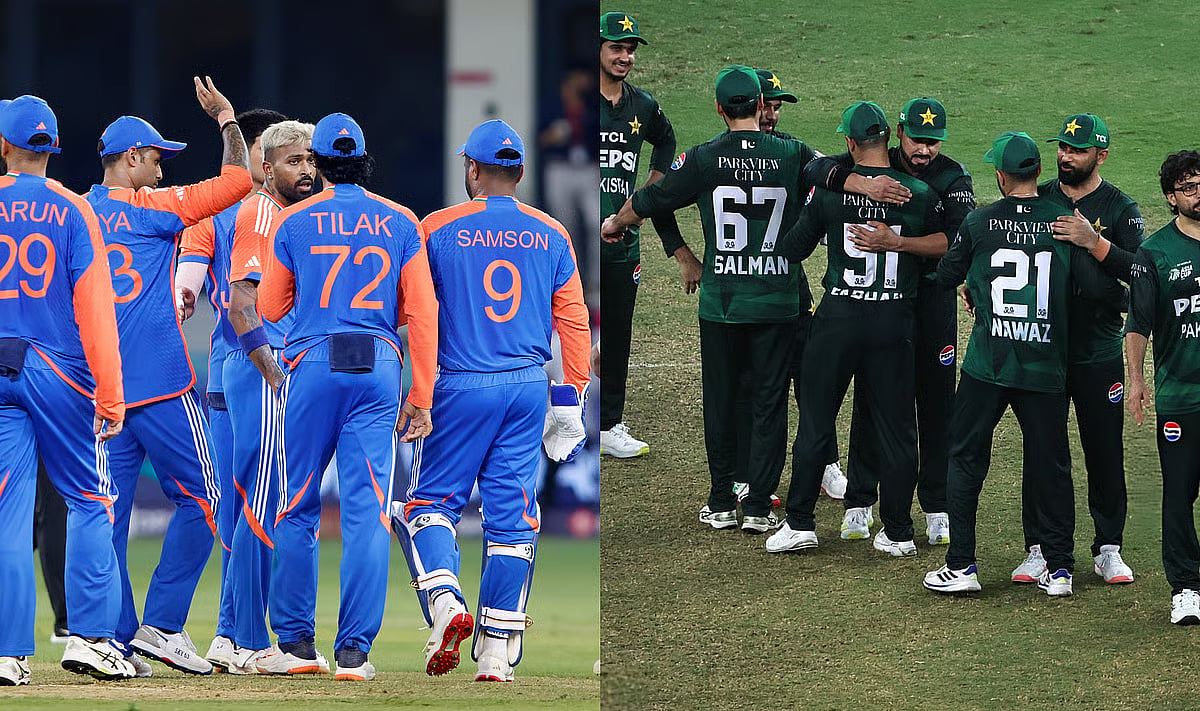Rajya Sabha member P Wilson has proposed the setting up of four regional benches of the Supreme Court in New Delhi, Mumbai, Kolkata and Chennai, to make justice accessible to all Indian citizens. A delegation from the Bar Councils of Karnataka, Tamil Nadu, Telangana, Andhra Pradesh and Kerala met Chief Justice of India (CJI) N V Ramana recently, to ask him to consider setting up a bench for all the southern states in Chennai.
They also met Vice President M Venkaiah Naidu, who had in 2019, recommended splitting the Supreme Court into four regional benches for all four metro cities. He also wanted a cap on the number of adjournments and a time-frame for deciding cases.
Question of life and death
Those who wish to approach the Supreme Court on questions of law have to spend huge sums of money to journey from their home states to New Delhi to brief advocates-on-record who charge several lakhs of rupees only to sign the appeal memos which purportedly raise questions of law for the nation.
This is because the Supreme Court is the final court of appeal from judgments delivered by the 25 high courts, which may mean life-or-death for those convicted of heinous crimes like rape-cum-murder. Not infrequently, these rapists-cum-murderers do succeed in getting their death sentences commuted to life imprisonment.
Like Vice President M Venkaiah Naidu, Wilson has been a staunch votary for the setting up of regional benches in all the four metros. On December 16, 2020, he sent a letter to the former Union Law Minister Ravi Shankar Prasad stating, “…access to justice is not the preserve of only the rich but to every citizen of this great country”.
Identical concerns
Fifty-four years ago, Kerala chief minister E M Sankaran Namboodiripad had used much stronger language than Wilson at a press conference in 1967 when he alleged judges of the superior courts ‘instinctively’ favoured the rich against the poor so that “the law and the system of judiciary (sic) essentially served the exploiting classes”.
The Kerala high court sentenced Namboodiripad to one month’s simple imprisonment for committing contempt of court and a fine of Rs 1,000, which was promptly reduced by a three-judge bench of the Supreme Court led by the then CJI M Hidayatullah to Rs 50, in default of which the redoubtable Namboodiripad would have to undergo simple imprisonment for a week. The essence of Namboodiripad’s thesis was the rich had access to justice whereas the poor did not.
Wilson has raised identical concerns by introducing this Bill which did not figure in the business for July 16. In its object and reasons, Wilson’s bill pointed out that in general at least, only wealthy citizens could afford to travel to Delhi to pay the exorbitant fees of senior lawyers who practise exclusively in the Supreme Court.
Wilson pointed out the standing committee of Parliament had recommended the setting up of permanent regional benches of the Supreme Court in 2004, 2005, 2006 and the Law Commission of India, in its Report number 229 dated August 5, 2009, had recommended the setting up of cassation benches of the Supreme Court in New Delhi, Mumbai, Kolkata and Chennai, which would ease the burden on the Supreme Court. At present, there are only 34 judges in the Supreme Court for a population of 133 crore, Wilson has pointed out.
Permanent regional benches
The permanent regional benches of the Supreme Court would hear all matters emanating from their respective states, except matters of grave national import which needed the setting up of a five-judge bench to interpret Constitutional provisions, such as the striking down of the National Judicial Commission Act, which was the fruit of the 99th Constitutional amendment.
The Supreme Court has increased its total number of judges to reduce pendency. In 1956, the number of judges was increased from the original eight to 11; in 1960, from 11 to 14; in 1977, from 14 to 17; in 1986, from 17 to 26; and in 2008, from 26 to 31 and later to 34. Still, the filing of fresh cases is more than their disposal rate.
Criminal cases constitute the largest category of cases before the Supreme Court., according to a recent study. Among civil cases before the Supreme Court, the largest category is ‘service matters’. Constitutional matters, together with public interest litigation matters (PILs), constitute less than 10 per cent of the overall output of the Supreme Court.
Five-judge benches
The Supreme Court’s record in constituting five-judge benches to decide substantial questions of law is deplorable because two-judge benches, which hear matters of less import, have to be split to comprise larger Constitution benches of five or more judges, which hinders the disposal of routine matters.
Two-judge benches have been set up to dispose of 90 per cent of the cases in the apex court’s docket, with three-judge benches being formed to hear most of the remaining cases. Hence, it is two-judge benches which decide challenges to government decisions or the constitutionality of laws enacted by various state legislatures or Parliament. Whether deliberate or not, a similar pattern is observed in relation to PILs, with two-judge benches hearing over 71 per cent of all PILs.
Most appeals to the Supreme Court on general questions of law affecting India, emanate from high courts surrounding Delhi, such as the Punjab and Haryana high court. There are mainly two categories of matters that come before the Supreme Court: ‘admission matters’ and ‘regular hearing matters’.
Substantial questions of law
Admission matters like special leave petitions need the okay of the Supreme Court before they are admitted for regular hearings. The Supreme Court allocates negligible amounts of time to set up Constitution benches of five or more judges to hear questions involving substantial questions of law, which is why if these regional benches are ever set up, they will only hear routine appeals from their neighbouring states.
The Law Commission of India has, on several occasions, called for the bifurcation of the Supreme Court into different divisions. In 1986, the 95th Report of the Law Commission proposed the division of the Supreme Court into a (i) Constitutional division and (ii) legal division. This report categorised the types of cases to be listed before each division. In 1988, the 125th Report of the Law Commission reiterated the recommendations made in the 95th Law Commission report. The Law Commission believed that splitting the Supreme Court into two divisions would make justice accessible to everybody.
In 2009, the 18th Law Commission recommended the setting up of four cassation benches in Delhi, Mumbai, Kolkata and Chennai to hear appeals from these regions. But substituting Article 130 through a Constitution (Amendment) Bill, 2020, when the existing article allows the Supreme Court to set up benches in other cities is a stupendously difficult task for an MP like P Wilson.
We can only hope he succeeds.
The writer holds a PhD in law and is a senior journalist-cum-advocate of the Bombay high court










